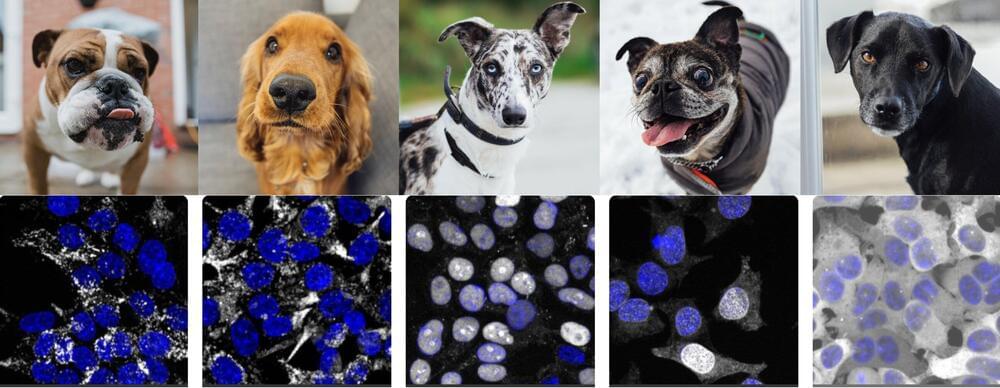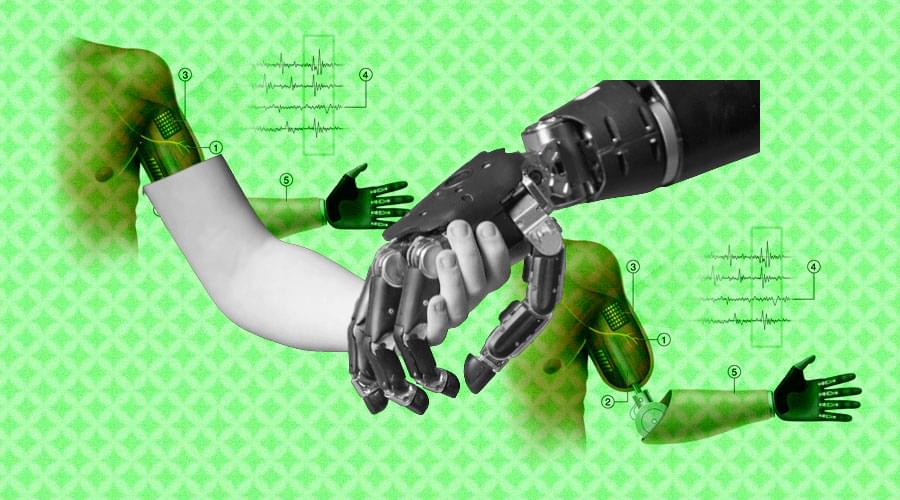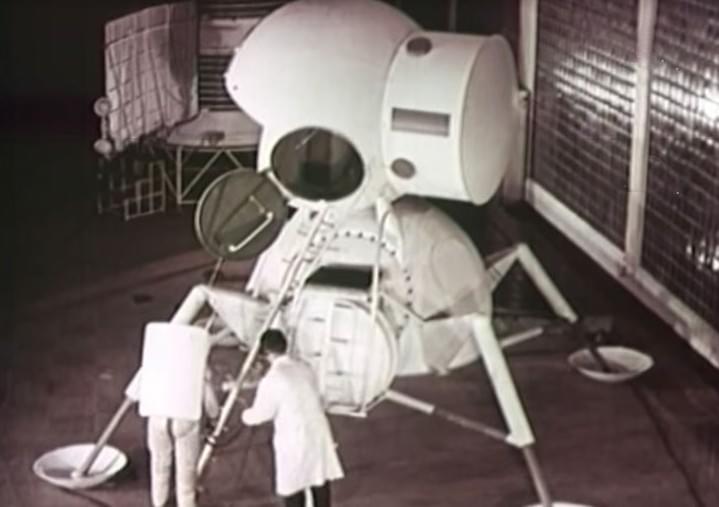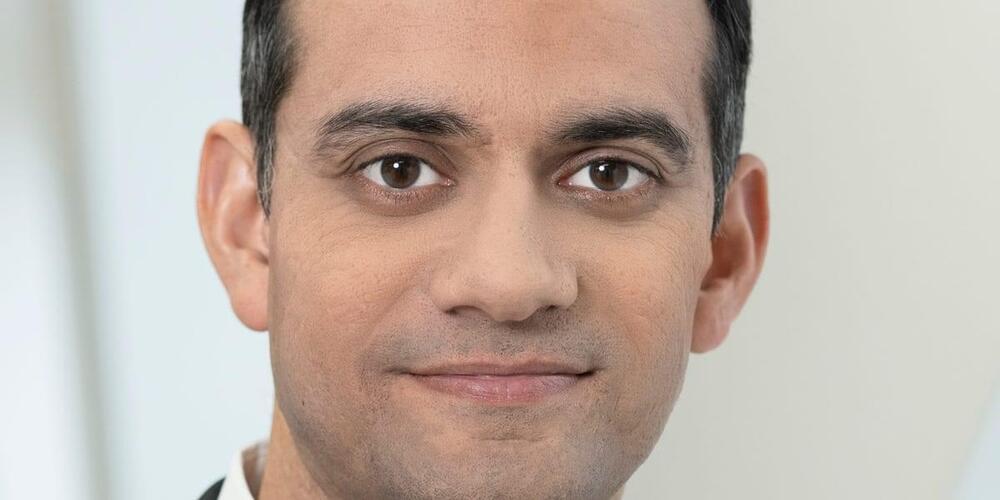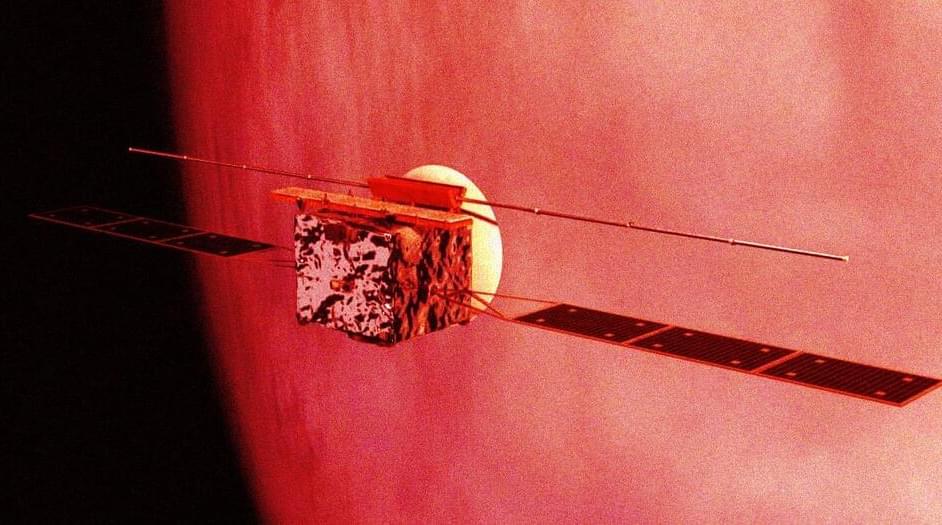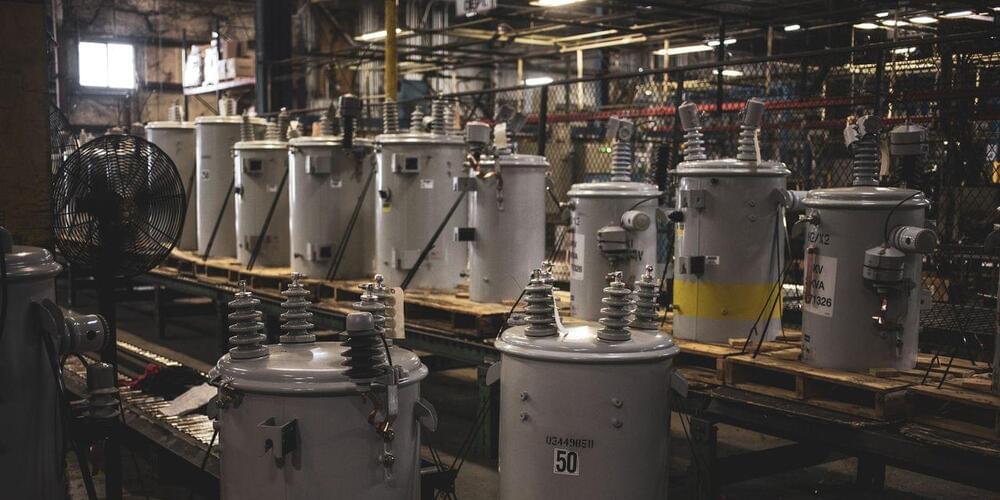Humans are good at looking at images and finding patterns or making comparisons. Look at a collection of dog photos, for example, and you can sort them by color, by ear size, by face shape, and so on. But could you compare them quantitatively? And perhaps more intriguingly, could a machine extract meaningful information from images that humans can’t?
Now a team of Standford University’s Chan Zuckerberg Biohub scientists has developed a machine learning method to quantitatively analyze and compare images—in this case microscopy images of proteins—with no prior knowledge. As reported in Nature Methods, their algorithm, dubbed “cytoself,” provides rich, detailed information on protein location and function within a cell. This capability could quicken research time for cell biologists and eventually be used to accelerate the process of drug discovery and drug screening.
“This is very exciting—we’re applying AI to a new kind of problem and still recovering everything that humans know, plus more,” said Loic Royer, co-corresponding author of the study. “In the future we could do this for different kinds of images. It opens up a lot of possibilities.”
